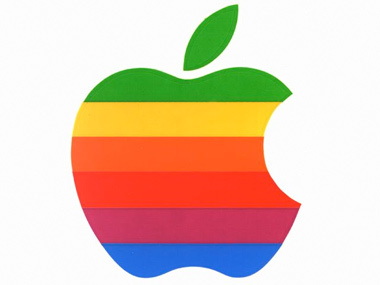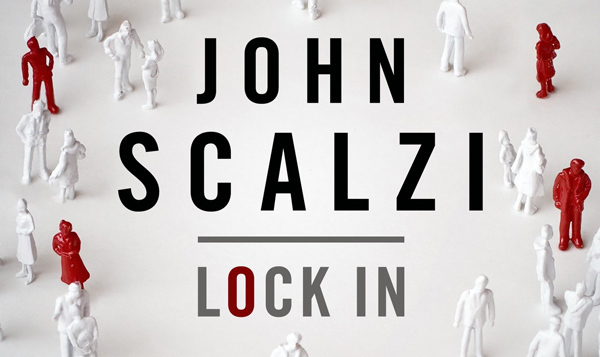Another guest post from my wife. However, unlike her previous post here, this one is not a commentary on anything I said - or at least, I hope not.
Ladies and gentlemen, my wife.
When I woke up a couple of days ago I never would have imagined that an essay penned by a 25 y-o actress would make me re-evaluate my working life so much. Inspiration really comes from the unlikeliest places.
Anyway, Jennifer Lawrence guest posted on Lena Dunham's The Lenny Letter, and since it was the first time she addressed the Sony Hack the whole internet was abuzz. (For those of you who lived under a rock for the past year or so, among what emerged from the Sony Hack was that Lawrence, despite being billed at the same level as her male co-stars, and despite being the only one with an Oscar under her belt, went to get paid a fraction of what her male co-stars did for her role on American Hustle, and probably had no knowledge of the disparity until it was uncovered by the leaked emails.)
J-Law went on to explain that she was over trying to tip-toe around men and trying to be adorable and funny and not appear a brat for asking what she wants. (if you want more, go subscribe to the Lenny Letter, I had to!).
Next thing I know, I follow a link that takes me to this article.
While being a very, VERY, lighthearted take on corporate and gender politics, this piece really resonated with me. You see, I am known to be a no-nonsense, straight to the point kind of girl in my work environment, definitely NOT what you would consider a shrinking violet. And yet. I realized some of the things described in that article had indeed happened to me, and, worse still, I had not understood they were happening.
Let me give you an example. A couple of years ago I was called into a meeting with two new guys to discuss a situation. Now, the situation had absolutely nothing to do with any of us, I was called since I had been the closest to observe it, and could probably explain some of the ins and outs to them, give them a little history, if you will. A male co-worker was with me, since he had helped me with some of the issues concerning this thing. This whole long preface is just to make you understand that I had no reason whatsoever to be 1. defensive, 2. angry, 3. aggressive since - once again - this had nothing to do with my performance, my objectives, my targets, my people. We had the meeting, I thought nothing more of it, and we went on with our own jobs. A year later, one of the two guys - whom I had got to know a little better in the meantime - let it slip that he thought I had been a terrible bitch during that meeting, and he was surprised I was so angry and aggressive towards them. This threw me for a loop. I had no intention of being aggressive and curt, I was surprised I had come off that way. I even went back to my male co-worker to ask him whether he thought I had gone over the line. (he said "you were fine", but then again, he's used to me, so who knows). This minor incident with a guy led me to re-evaluate how I deal with people everyday.
In the interest of full disclosure, this guy, the one who basically called me a terrifying bitch to my face, is also the one who always compliments me on my physical appearance, and is derogatory as f&%$ whenever in a professional context, despite not knowing or understanding anything about my job. I am so upset with myself, because, despite knowing all this I let it dictate my behaviour, and I let it get under my skin. A man would have never done that, never in a million years. It took Jennifer bloody Lawrence to open my eyes, go figure.



